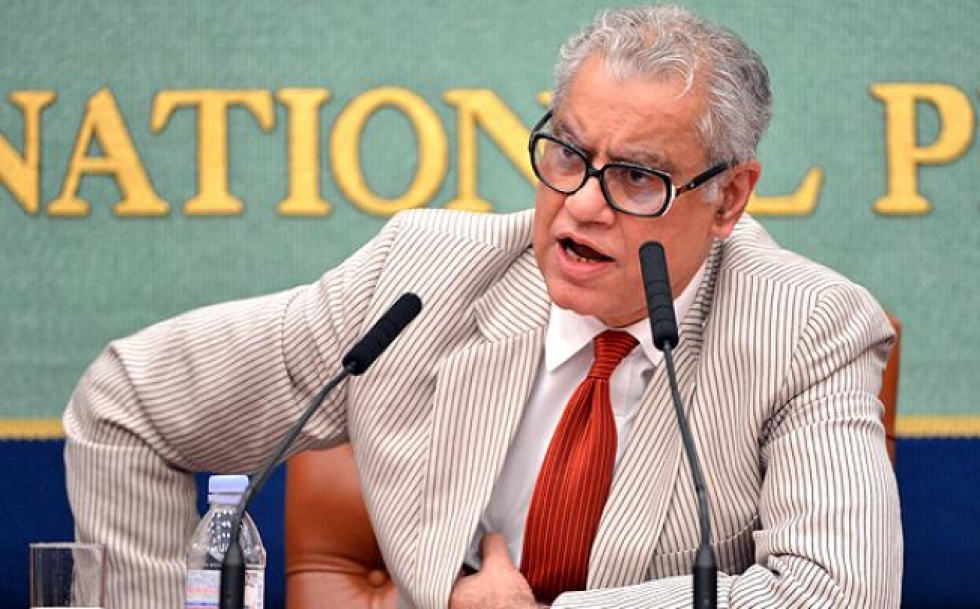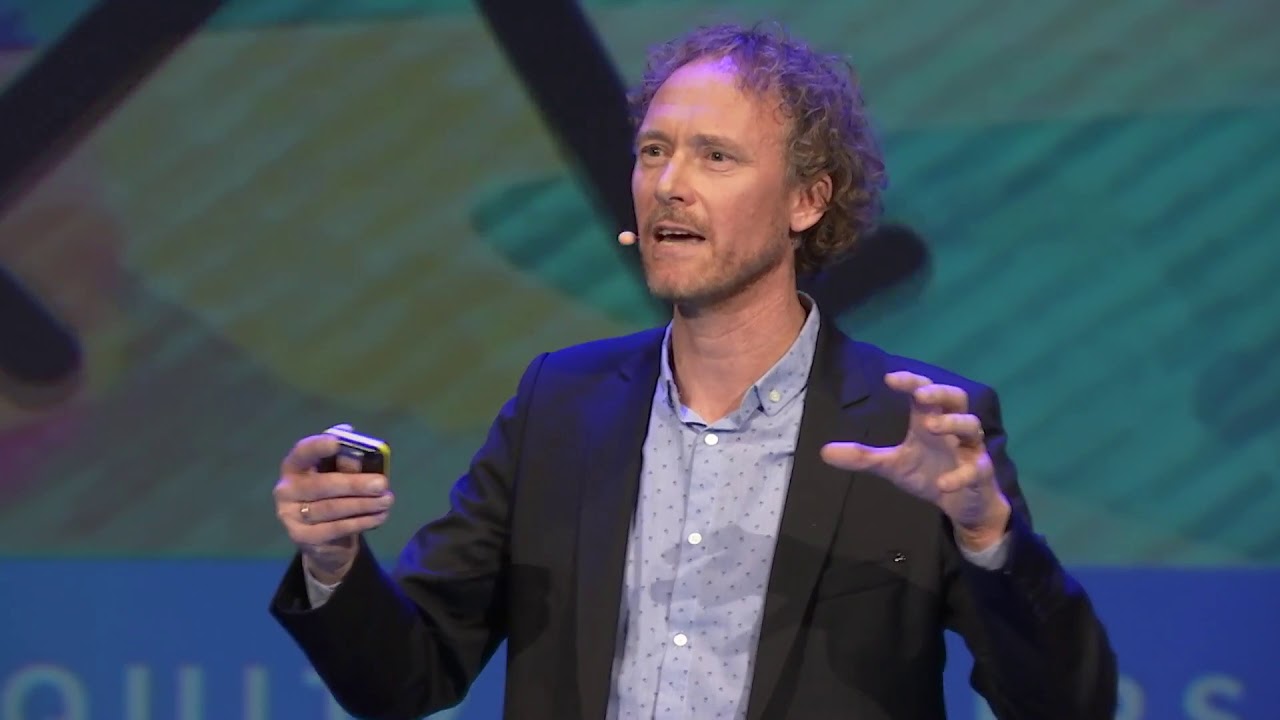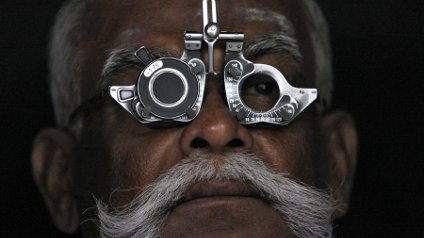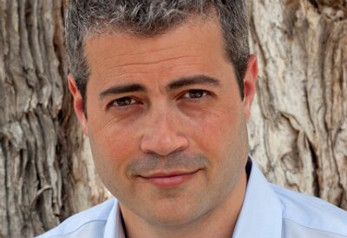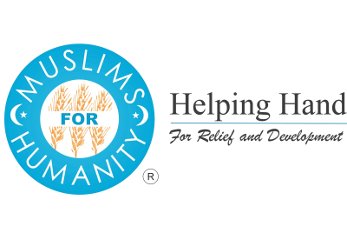There is widespread concern that the present economic crisis, and particularly its effect on unemployment, will adversely affect population health. David Stuckler and his team investigated how economic changes have affected mortality rates over the past three decades and identified how governments might reduce adverse effects. Their findings are remarkable if not shocking: every 1% increase in unemployment was associated with a 0.79% rise in both suicides and homicides at ages younger than 65 years. A more than 3% increase in unemployment had a greater effect on suicides at ages younger than 65 years as well as deaths from alcohol abuse. Rises in unemployment are associated with significant short-term increases in premature deaths from intentional violence. According to Stuckler, the financial crisis in Europe has posed major threats to public health. Whereas immediate rises in suicides and falls in road traffic deaths were anticipated, other consequences, such as HIV outbreaks, were not, and are better understood as products of state retrenchment. Greece, Spain, and Portugal for instance adopted strict fiscal austerity. Their economies continue to recede, and strain on their health-care systems is growing. Suicides and outbreaks of infectious diseases are becoming more common in these countries, and budget cuts have restricted access to health care. In contrast, Iceland rejected austerity through a popular vote, and the financial crisis seems to have had few or no discernible effects on health. It seems therefore certain that policy decisions about how to respond to economic crises have pronounced and unintended effects on public health; yet public health voices have remained largely silent during the economic crisis. Less than 1 in to people
Related Articles
One woman's battle against a pharmaceutical giant
Anand Grover's crusade for access of the poor to medicine
an original Emergency Service, 24/7
someone has to monitor those who help
Shaping the world beyond the pandemic
The Netherlands: Peter Merry, Chief Innovation Officer at Ubiquity, writes on Humanity Rising and on how the pandemic has brought everyone into the conversation as we all face the same predicament and future.
What is the most effective way to give back?
answers from Rachael Chong and Catchafire
the method of Roots of Empathy
How to treat three million patients a year
the mission of Aravind
Connecting is what it's all about
insights from Matthew Lieberman
a miracle in Venezuela
the work of the Helping Hand for Relief and Development
![]()
STAY IN TOUCH
SUBSCRIBE TO OUR NEWSLETTER
AND RECEIVE OUR LATEST STORIES

